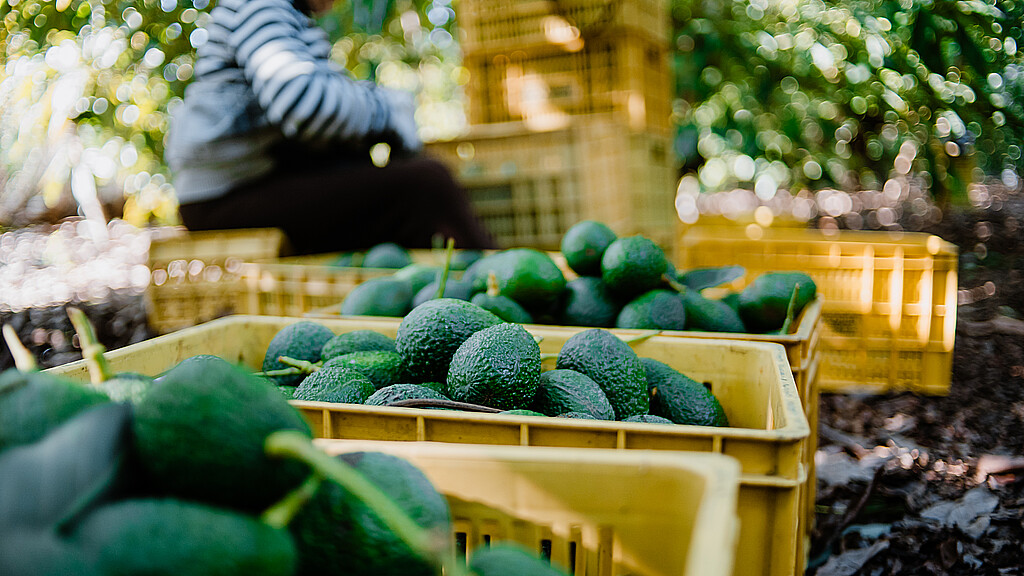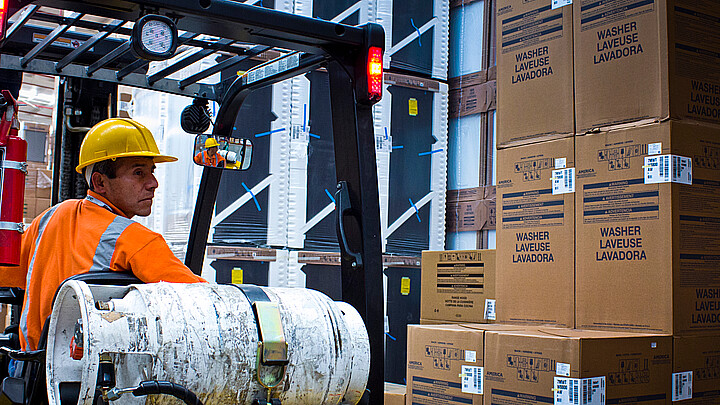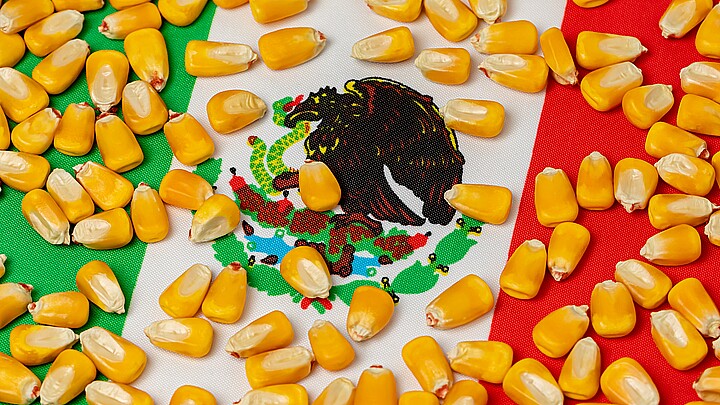Business
Fruit from a poisonous tree: Avocados and the rise of transnational drug trafficking
The booming avocado industry has expanded along with the rise of criminal organizations, according to a report published last month by the Global Initiative Against Transactional Organized Crime (GITOC)

March 7, 2024 7:58am
Updated: March 7, 2024 2:16pm
Avocados have become a staple in diets worldwide, but apart from being a healthy snack, the booming avocado industry has expanded along with the rise of criminal organizations, according to a report published last month by the Global Initiative Against Transactional Organized Crime (GITOC).
The boom in Mexico’s avocado market, known as the “green oil,” has coincided with heightened criminal activity in avocado-growing regions, particularly the state of Michoacán, creating a boom for the popular fruit, the GITOC report explains.
Between 2012 and 2019, Mexico's avocado exports to Europe skyrocketed from less than $11 million to a staggering $307 million. In 2022, avocados claimed the second spot as Mexico's most valuable crop, according to Servicio de Información Agroalimentaria y Pesquera (SIAP).
Avocados are grown only on 1.5% of Mexico's land, and production is concentrated in the avocado paradise of Michoacán. Renowned for its altitude, climate, and soil, Michoacán's association with drug trafficking and violence stretches back to the 1950s when heroin and marijuana production and exportation thrived.
Over the decades, Michoacán evolved into a crucial hub for international drug trafficking due to its strategic Pacific coast location and traffickers' expertise.
While initially working alongside established elites, drug traffickers gradually sought independence, vying for control over territories and legitimate markets.
Criminal groups initially entered the market by offering protection services, which later evolved into protection rackets, according to by Insight Crime author Romain Le Cour.
“The rackets were started by the Familia Michoacana around 2005. Later, the Caballeros Templarios developed them into bureaucratized extortion and protection systems. Though those systems were partly torn down by the autodefensas [local self-defense organizations that rose up against criminal groups around 2013], pressures remain, and criminal groups profit from implementing extortion at every step of the value chain,” Le Cour said.
While the GITOC report notes that direct links between drug money and avocado industry growth are hard to prove, anecdotal evidence suggests drug money laundering fueled the growth of the avocado industry.
The Valencia crime family has been cited by major newspapers such as the Los Angeles Times as an example of powerful dynasties that invest in both avocado production and drug trafficking activities.
Local reports from Mexico also highlight the link between criminal organizations and avocado production, with cartels like Pueblos Unidos seizing control of small towns to monopolize the lucrative avocado trade.

Some have also raised concerns about the social and environmental ramifications of Mexico's avocado industry.
Despite the controversies surrounding the fruit's drug cartel connections, U.S. demand for tasty Michoacán avocados remains insatiable. Mexican avocado imports reached 931,826 metric tons in 2022, making Mexico the dominant supplier to the U.S. market, accounting for 83.3% of total imports.
According to data from the Agricultural Marketing Service (AMS), the top five suppliers of fresh avocados to the U.S. market are Mexico, Peru, the Dominican Republic, Colombia, and Chile.
In 2022, the United States imported 1,133,763 metric tons of avocados, valued at $3.27 billion.
Often associated with Millennials, avocados have surged in popularity across the United States in recent decades. Back in 1985, Americans consumed just 436 million pounds of avocados. Fast forward to 2022, and that figure has skyrocketed six-fold to over 2.7 billion pounds. On an individual level, per capita consumption has surged from 2 pounds in 2001 to more than 9 pounds in 2022, according to data from Stadista.
In January, Michoacán, located in western Mexico, was ranked as having the country's third highest homicide rate with 156 cases.
In the first week of February, 21 murders were recorded. According to the Executive Secretariat of the National Public Security System, the state held the sixth position in homicide rates in 2023.
Despite numerous reports throughout the past decade, President López Obrador denied in 2022 that avocado production in Mexico was linked to the drug trade, asserting that farmers alleging collusion between the government, criminals, and the police “are not telling the truth.”
Still, La Cour suggests the establishment of avocado market infrastructure and trade agreements such as NAFTA (now USMCA) has increased global demand for avocados, which in turn, has helped some criminal organizations expand their operations.











